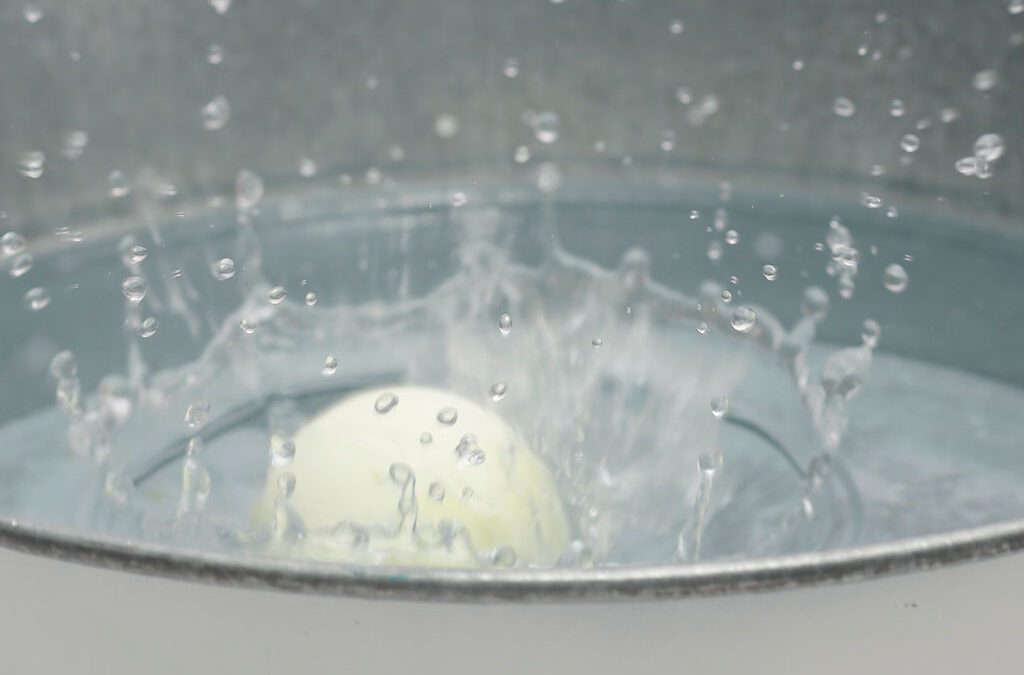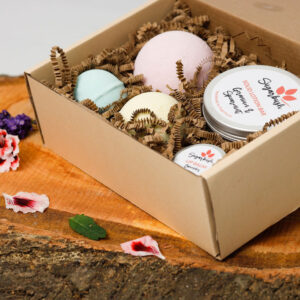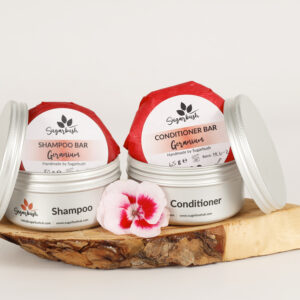The Meaning of “Natural” in Skincare and Cleaning Products
In recent years, the term “natural” has become a significant buzzword in the skincare and cleaning product industries. However, as far as cosmetic products are concerned, there is no legal definition for “natural”. This often leads to confusion among consumers. In this blog, we’re going to unpack the term “natural” so that you can make informed choices about the products you are buying. We’ll be primarily focusing on skincare but the content below may help you navigate the minefield of household products as well.
What Does “Natural” Mean?
The Cambridge English Dictionary defines “natural” as “found in nature and not involving anything made or done by people”. Unlike synthetic ingredients, which are created through chemical processes, natural ingredients are minimally processed and retain most of their original properties. The reality is that there are shades of natural and its helps to think of “natural” as a spectrum.
Formula Botanica, one of the leading online training platforms for natural skincare formulation, has redefined what natural means in cosmetics. Their definition is widely used across the beauty industry. Broadly speaking, there are three categories of natural ingredients:
- Purely natural – Ingredients that are harvested directly from nature. These ingredients may have gone through some degree of physical processing to make it useable. This process doesn’t alter the chemical nature of the plant product. A good example of this might be shea butter (Butyrospermum Parkii), an ingredient widely used in cosmetics for its moisturising properties.
- Naturally derived – An ingredient that has been harvested from nature but undergone some chemical processing to create the finished product. Glycerine or natural surfactants (something that makes a product lather) like Coco Glucoside are examples that you might find in natural cosmetics.
- Nature Identical – There are some ingredients that would be unsustainable to harvest naturally so are made in a laboratory and are chemically identical to their natural counterpart. We are all likely to have at least one of these types of ingredients in our home – citric acid. Citric acid is naturally found in citrus fruits, but the cost to extract it from fruit would make it unfeasible. It makes great sherbet and is often used in natural cleaning recipes!
It’s important to recognise that a natural product may have ingredients that span some or all of these categories AND can also contain a small percentage of synthetic ingredients and still be considered natural. Ultimately, it all boils down to the ethos of the formulator (the person making the cosmetic product) or business selling the products and how they interpret the definition. Each formulator will define where they sit on the natural spectrum and design their products accordingly. Similarly, a consumer has the same right to choose which categories of natural they are willing to accept based on their own ethos.
As a consumer, it is crucial to understand that “natural” does not necessarily mean safer or more effective. The effectiveness and safety of natural ingredients depend on their source, processing and how they are used. A good product will always be guided by the safety limits for each ingredient. Essential oils, for example, are natural compounds but each oil has a specific dermal skin safety limit which is carefully considered in a recipe.
Natural versus Organic
While both terms are often used interchangeably, they are not synonymous. Organic ingredients are those that are grown without the use of synthetic pesticides, herbicides and fertilisers. They are usually certified by regulatory bodies such as the Soil Association or COSMOS. Natural ingredients, on the other hand, do not require certification from those bodies (not to be confused with the certification that finished products have to go through) and can be sourced from both organic and non-organic farming practices. So, a product can be labelled as natural without being organic.
Conclusion
The allure of natural skincare and cleaning products lies in their promise of purity, simplicity and a connection to nature. Understanding what “natural” truly means to you allows you to make informed choices about what you put on your skin. I encourage you put yourself in the mind of a researcher…your skin will thank you!






